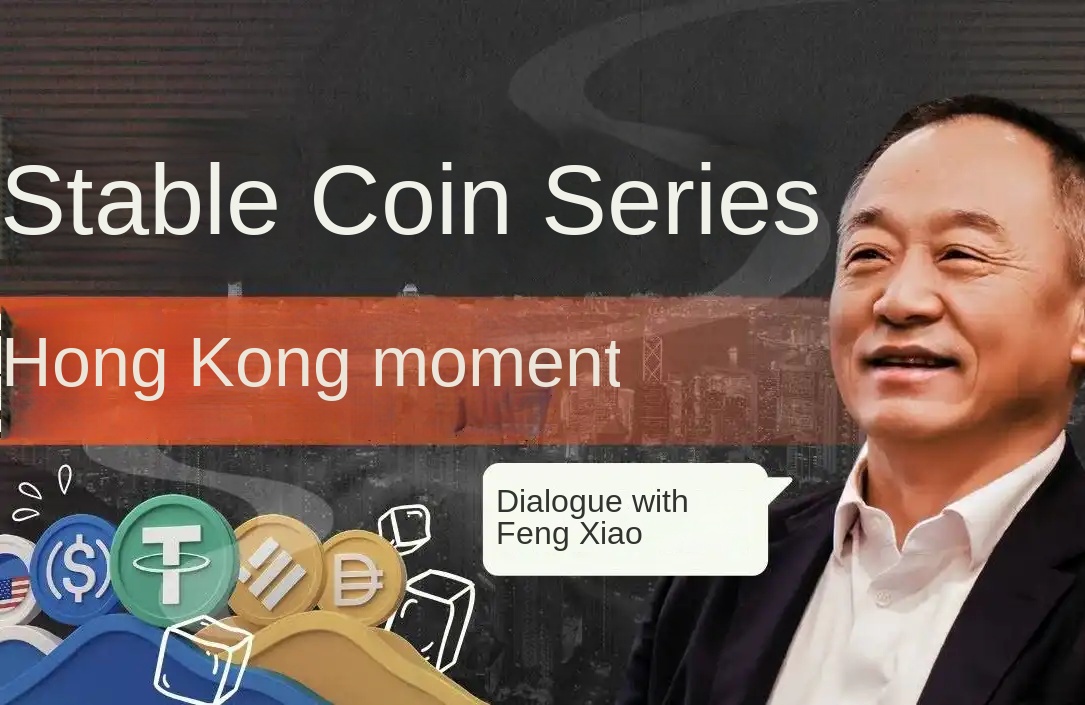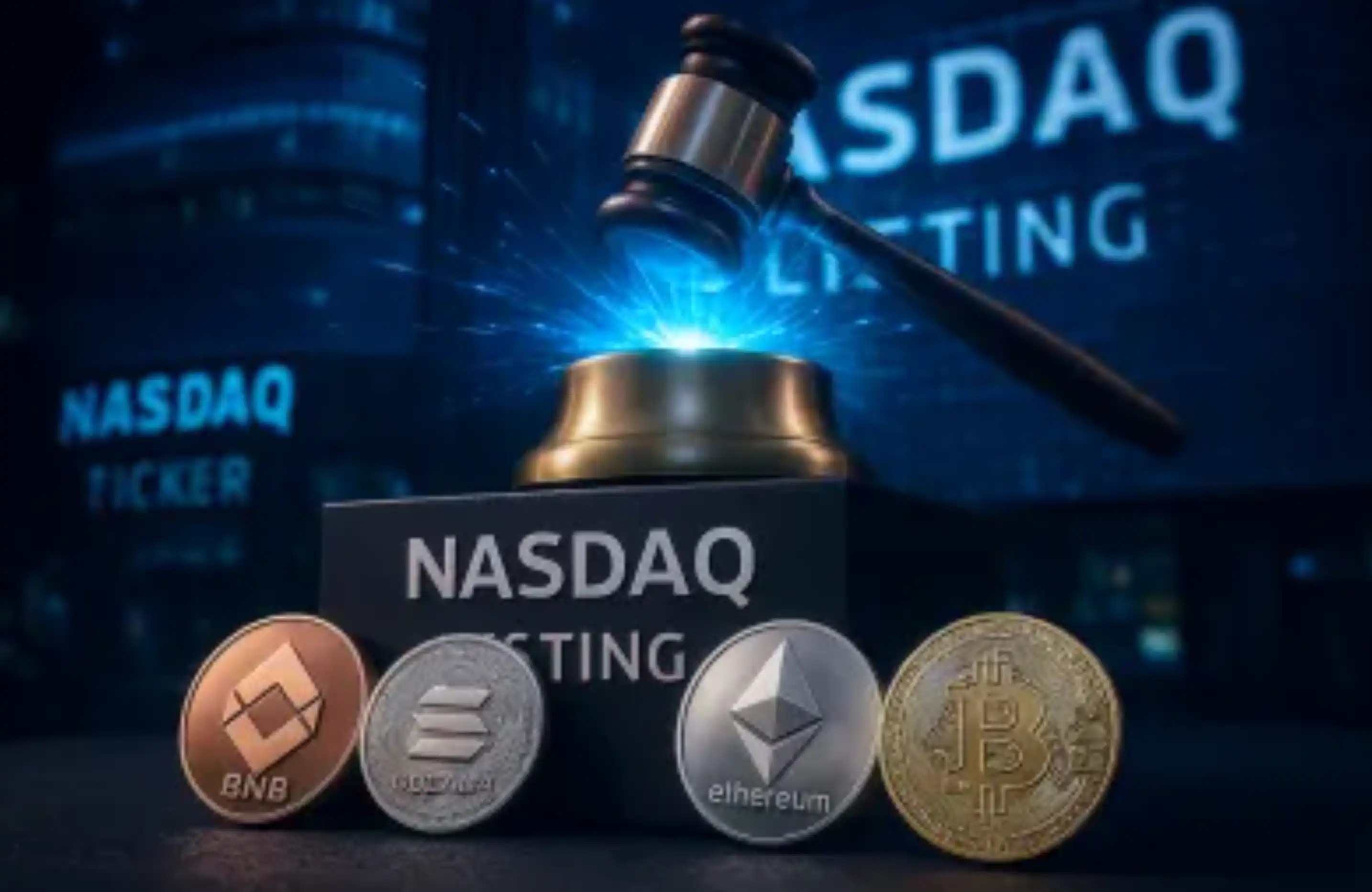Tracking the inflation rate of stablecoin, detailed Flatcoins feasibility
原文标题:《 Flatcoins 会成为下一个 DeFi 热门叙事吗? 》
Original source: 0xShinChan, Encryption KOL
原文编译: Felix, PANews
Could Flatcoins be the next hottest DeFi narrative, as mentioned in a recent post by Base? This article is everything you need to know about Flatcoins, the relevance of TradFi, and DeFi adoption.

Flatcoins Background
According to Base, it is exploring Flatcoins, a decentralized stablecoin that tracks inflation rates and provides increased purchasing power stability and resilience to economic uncertainty. Base is looking at non-fiat currency-linked options to bridge the gap between fiat currency-linked stablecoins and volatile crypto assets.
What are Flatcoins and why are they Flatcoins?
Unlike traditional stablecoins such as USDT, Flatcoins are not linked to any fiat currency, but rather to a basket of assets or an index. Flatcoins offer greater stability in the long run because fiat currencies can lose value over time due to inflation.
The reason we need Flatcoins is that, over time, inflation erodes the purchasing power of the dollar, which negatively affects the time value of the currency. The concept of the time value of money states that the current value of money is greater than its future value.
This is a real example. When I was a kid, I used to buy ice cream from McDonald's for $0.25 in Hong Kong. But today that same $0.25 doesn't buy you anything from McDonald's.
That's what inflation does to everyone.

Flatcoins aims to keep its value by tracking the rate of inflation. Rather than being linked to a single currency, they follow a basket of assets, making them less susceptible to market swings. The idea is simple: If a type of Flatcoins maintains its purchasing power over time, users don't have to worry about losing value to inflation. This makes Flatcoins a more resilient and reliable store of value in the future.
Tradfi correlation
Is "Flatcoins" just a DeFi concept? Not necessarily. Institutional adoption has some similarities with Flatcoins.
Singapore's NEER policy focuses on managing the value of the Singapore dollar (SGD) by comparing it with a group of other currencies. This group of currencies is usually the one with which Singapore trades the most.
By doing so, they create an "average" exchange rate that helps balance out the rise and fall of individual currencies. Now, when there are inflationary pressures, that means that the general price level of goods and services is going up and the purchasing power of money is going down. By controlling the value of the Singapore dollar relative to this "average" exchange rate, the Monetary Authority of Singapore (MAS), Singapore's central bank, can ensure that the value of the Singapore dollar does not rise or fall sharply due to inflation.
To put it simply, imagine that you and a friend are playing on a seesaw. If one of you is a lot heavier than the other, the seesaw will lean a lot. But if you both weigh about the same, the seesaw will be more balanced.
Are there Flatcoins in DeFi?
Reflexer Finance's RAI token is a classic example of Flatcoins. Even Vitalik considers it an "ideal" stablecoin type. Here's why it's ideal, but not practical.
RAI is mortgaged by ETH, which is the basis of its stable value. Users deposit their ETH to make RAI, borrowing against the ETH they hold. In order to collect the collateral, the user needs to repay the borrowed RAI. Excess collateral helps ensure its solvency.
Unlike most stablecoins, which are pegged to a specific fiat currency, such as the US dollar, RAI does not have a fixed price target. It is an "unmanaged" and "decentralized" stablecoin, with no central authority controlling it.
RAI achieves stability through a mechanism called the "call price". This price is dynamically adjusted according to market conditions and user behavior. Encourage people to buy and sell RaIs to stabilize their value. If the price of RAI is greater than the redemption price, users are incentivized to sell RAI, which, through arbitrage, brings the price of RAI closer to the target price.

If the price of RAI is less than the redemption price, users are encouraged to buy RAI because they are undervalued, which helps keep the price of RAI in line with the redemption price. This mechanism balances market supply and demand.

RAI was moderately successful at launch, but has not yet achieved the popularity of other stablecoins. Despite its ungoverned, decentralized fixed token, adoption is still somewhat limited. This makes RAI an "ideal" example of an alternative stablecoin.

The reason is that stablecoins linked to non-fiat currencies often face the problem of declining acceptance due to their unpredictable and fluctuating value.
The lack of a fixed price target complicates the use of RAI in everyday transactions, creating barriers to widespread adoption. In addition, using ETH as the only collateral limits scalability.
In May 2022, UST and LUNA crashes and Celsius bankruptcy rocked the market, causing ETH to plunge from $3,580 to $890 in June 2022.

This results in:
(i) RAI holders are at increased risk of liquidation due to the significant decline in ETH prices;
(ii) Market prices diverge from redemption prices because there are no arbitrageurs.

Reflexer Finance's RAI is an example of innovative adaptive autonomy mechanisms supported by ETH, but its adoption is limited.
New Deal: Nuon Finance
Nuon offers a different approach than RAI, with an emphasis on inflation pegging. Nuon is a decentralized Flatcoins that tracks the rate of inflation, enabling users to maintain their purchasing power.
(i) Truflation
Nuon relies on an independent inflation index (Truflation) to calculate the daily Nuon-pegged exchange rate. Nuon flatcoins are soft-pegged to the value of a basket of goods at launch and cost $1, according to the Truflation index. Every day, the Truflation predictor provides Nuon with an inflation-adjusted target peg to maintain the purchasing power of the holder.
(ii) Zero interest loan
RAI's fixed loan rates are 2 per cent a year, but Nuon offers zero per cent as long as the borrower maintains the required mortgage rate.
Nuon's main net is released on arbitrum, but shows it for less than $10,000 TVL according to DefiLlama. While it highlights the advantages of hedging against inflation, adoption remains limited and is more visionary than practical.

Source of original text
Welcome to join the official BlockBeats community:
Telegram Subscription Group: https://t.me/theblockbeats
Telegram Discussion Group: https://t.me/BlockBeats_App
Official Twitter Account: https://twitter.com/BlockBeatsAsia
 Forum
Forum OPRR
OPRR Finance
Finance
 Specials
Specials
 On-chain Eco
On-chain Eco
 Entry
Entry
 Podcasts
Podcasts
 Activities
Activities








